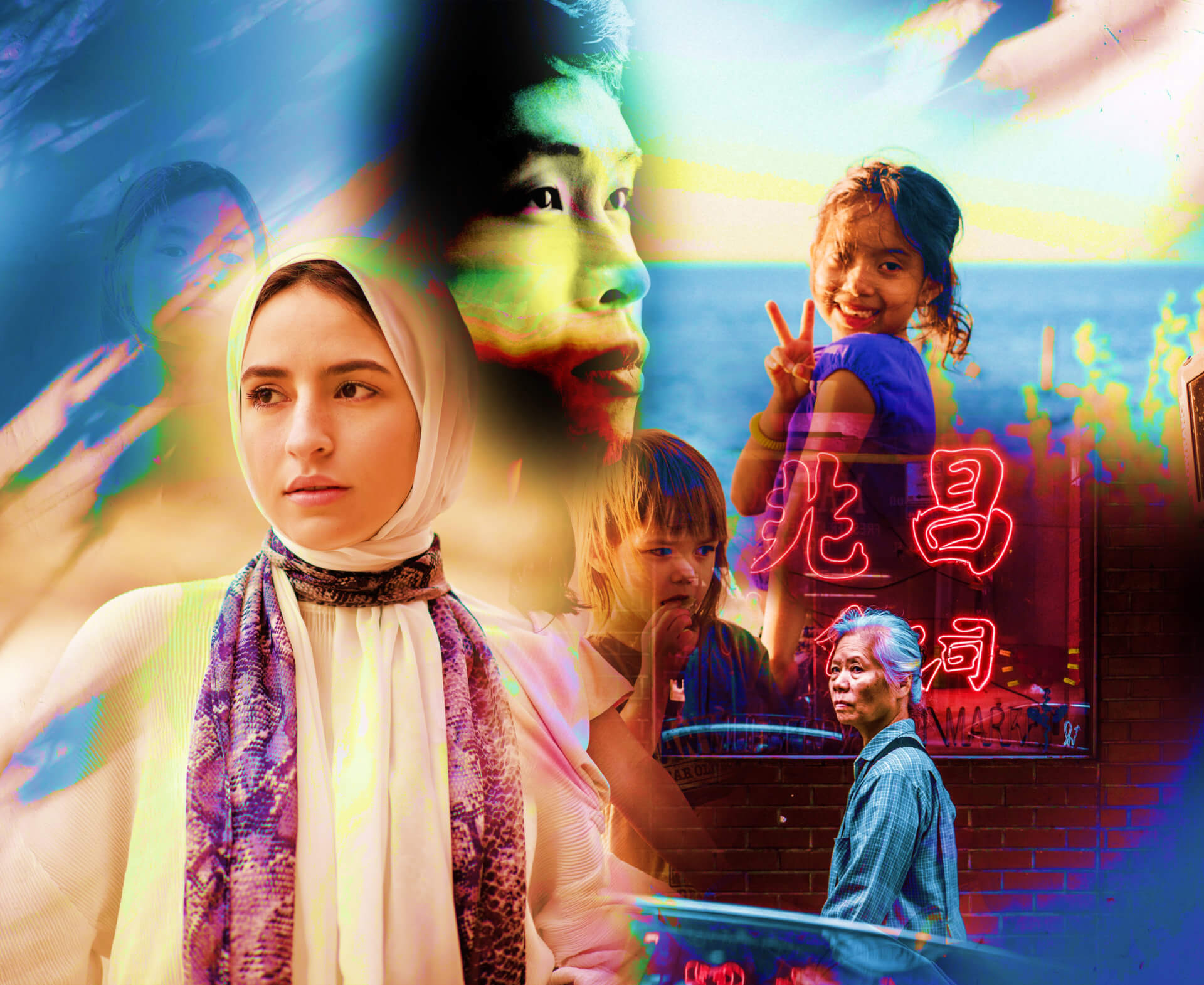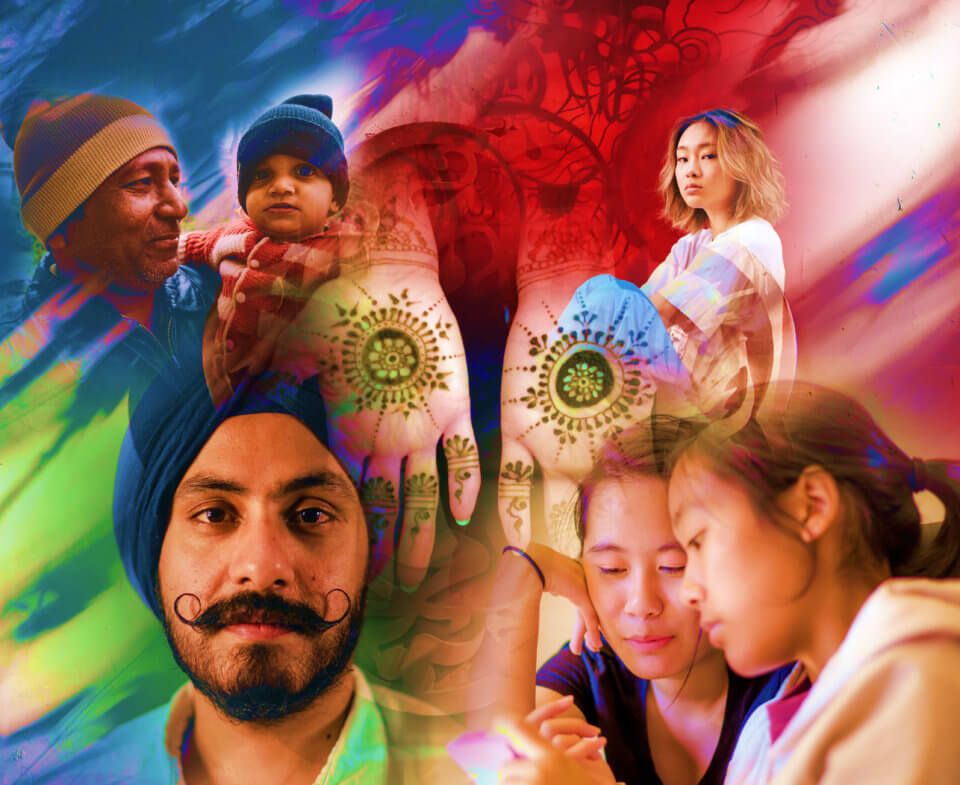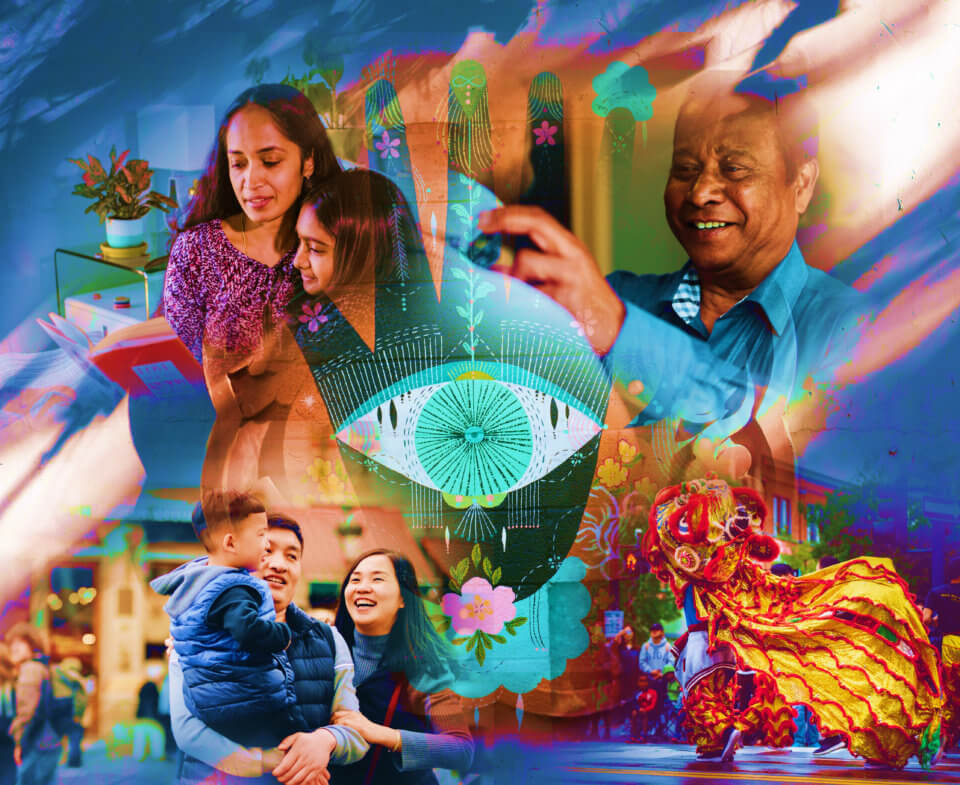- CEOCap
- Jaime Watt’s Debut Bestseller ‘What I Wish I Said’
- Media Training
- The Push Back
- Internship program
- Update Your Profile
- Homepage
- It’s time for a change
- It’s time for a change
- Kio
- Ottawa
- Art at Navigator
- Navigator Limited Ontario Accessibility Policy
- Virtual Retreat 2020 Closing Remarks
- COVID-19 Resources
- Offices
- Navigator Sight: COVID-19 Monitor
- Navigator Sight: COVID-19 Monitor – Archive
- Privacy Policy
- Research Privacy Policy
- Canadian Centre for the Purpose of the Corporation
- Chairman’s desk
- ELXN44
- Media
- Perspectives
- Podcasts
- Subscribe
- Crisis
- Reputation
- Government relations
- Public affairs campaigns
- Capital markets
- Discover
- studio
- How we win
- What we believe
- Who we are
- Careers
- Newsroom
- AI
- Empower by Navigator
- Environmental responsibility

ASIAN HERITAGE MONTH provides Canadians an opportunity to understand and recognize the achievements and significant cultural impact made by Canadians of Asian descent. While these achievements have always warranted celebration, this year there is an added imperative to stand with our Asian Canadian colleagues and friends in the wake of an unacceptable rise in discrimination.
The theme for this year’s Asian Heritage Month is “Recognition, Resilience, and Resolve”. The federal government believes this theme embodies a myriad of sentiments that peoples of Asian descent in Canada have experienced and aims to use this month to honour diverse stories rooted in resilience and perseverance.
Three of our colleagues have provided insightful, compelling, and personal accounts of what Asian Heritage Month means to them, and lessons that we can all learn. We know that stories have the potential to build empathy, understanding and alignment more than any press release or corporate message, and we hope that their perspectives in particular will motivate readers to incorporate anti-racism, inclusivity, and respect into their personal and professional lives.

Heon Lee, Intern
WHILE IT IS IMPORTANT to continue to acknowledge and celebrate the immeasurable impacts of Asian-Canadians to the nation, this year’s Asian Heritage Month invites us to also consider matters of arguably equal or greater importance: the difficulties and challenges of Asian-Canadians.
“We share a superordinate heritage under which diversity and uniformity coexist simultaneously. We must look to find solutions and build solidarity to move forward.”
Over the past year, the rise in hatred, discrimination and violence towards members of the Asian diaspora across the globe has exacerbated the already devastating impacts of the COVID-19 pandemic. It has placed members at a greater risk of danger and scapegoating, and at its worst, members of the Asian diaspora have faced incidents of overt racism. In Vancouver, a city known for its historic Asian-Canadian presence, hate crimes against Asians have increased by 717 per cent in just one year according to a report by the Vancouver Police.
While I am fortunate to have not fallen victim to the tragedies that many are currently facing, the stories and experiences of other members of my community have nonetheless resonated as questions around ethnicity, citizenship and race have become increasingly relevant in my day-to-day life and existential identity. I suddenly became more conscious of the things that I’ve taken for granted by virtue of living in a multicultural nation.
The experiences of every Asian-Canadian throughout the course of this pandemic have been different but we share a superordinate heritage under which diversity and uniformity coexist simultaneously. We must look to find solutions and build solidarity to move forward.
This year’s Asian Heritage Month presents us an opportunity to come together to deliberate on ways we can take action to address the issues that continue to challenge us, and reflect on the significance of having Asian heritage in Canada.

Jamila Kanji, Associate Consultant
IN THE 1980s, my parents packed up the life they knew and moved from East Africa to Canada, leaving their home, their culture, their family and friends. They had nothing but a few bucks and a whole lot of ambition, driven to build a better life for themselves and their family that had yet to grow. They worked hard in the day, studied into the night, shopped at local thrift shops, saved nearly every dollar they could and were no stranger to racial discrimination.
“Despite multiculturalism being a core principle of Canada, we see stereotypes being used to define us in ways that do not define us at all.”
I am proud to have parents that immigrated to Canada, who put everything on the line for my brothers and I, even if that meant we needed to arrive at the airport earlier than others because we would be “randomly” checked at security; even if that meant there were certain areas we couldn’t visit without being batted a look or something much worse; even if that meant I needed to answer an umpteenth number of times that I am in fact Canadian; and even if that meant I would statistically earn less money than a non-visible minority woman.
Our story is not an anomaly. It is the story of so many hard-working, dedicated individuals, who have left a prior life to start a new journey — who sought a safer country in a time of civil upheaval elsewhere — only to be judged on their accent, questioned about their “real name,” and offered less money for opportunities they are exceedingly qualified for. Despite multiculturalism being a core principle of Canada, we see time and time again the wearing of hijabs and turbans debated in provinces; we see stereotypes being used to define us in ways that do not define us at all.
Is progress being made? Yes. Can we do better? Absolutely. I’m hopeful that future generations can walk the halls of schools and work and truly know they are just as valued as their non-minority counterparts. Although they will need to work hard, I hope they see themselves adequately represented in film, literature, company boards and beyond.
Asian Heritage Month gives us a moment to reflect on the work that’s been done and all the progress that needs to follow. Even more importantly, it provides a renewed appreciation for those who, like my parents, ventured into the unknown with nothing but hope and prayers for something better.

Sabeen Thaver, Consultant
COMMON ADVICE GIVEN to new immigrants from Asian countries is, “Don’t think you will get the job at the level you are working at now. You will need to step a level down to get a job in Canada”. Very often, new immigrants find they have to take jobs that they are over-qualified for because they are lacking in “Canadian” experience. The biggest hurdle faced by newcomers to Canada is finding jobs in the field and level they are qualified to work in. Many companies experience hesitancy in accepting these professionals in the workplace, and the challenge stems from the lack of diversity, equity and inclusion.
More than one in five Canadians are foreign-born and about six in 10 recent immigrants were admitted to Canada under the economic category. Economic immigrants are selected because of their outstanding academic and professional successes, and these immigrants chose Canada because they are looking for a safer country with economic opportunities.
The Toronto Region Immigrant Employment Council (TRIEC) — a group that supports organizations in becoming more inclusive and helps newcomers expand their professional networks, thereby allowing immigrant professionals to reach their fullest potential — identifies two key factors that influence the success of an immigrant’s career path: the middle managers’ influence on an immigrant’s sense of inclusion and performance, and the executives who establish the vision and strategy for the organization. This perspective is informed by existing evidence, as well as interviews with middle managers and diversity and inclusion leaders, some of whom are immigrants themselves.
“Companies and organizations that do not embrace diversity and true inclusion free of prejudice and discrimination risk getting left behind.”
“I was interviewing for a minimum-income job and I asked a hiring manager if there was any position where my marketing and communications skills would be more relevant. The manager told me that I don’t have Canadian experience, and that I had to start somewhere,” wrote one participant.
“The most frequent advice given to immigrants who would like to progress within an organization is the ‘you should be grateful’ mindset. This is biased advice — you should feel comfortable to ask for more — whether in terms of salary or responsibilities,” wrote another. These biases will not be addressed by one-off training sessions, but require broad and sustained commitments from inclusive middle managers who hire and advance diverse talent and celebrate diverse perspectives. Similarly, executives need to empower middle managers to identify issues that hinder inclusive behaviour.
One thing for certain is Canada is in a strong position to make the most of immigrant professionals that have global experiences. With middle managers and senior executives forging an inclusive strategy for their companies, they will benefit from providing opportunities to this diverse workforce. Companies and organizations that do not embrace diversity and true inclusion free of prejudice and discrimination risk getting left behind.



